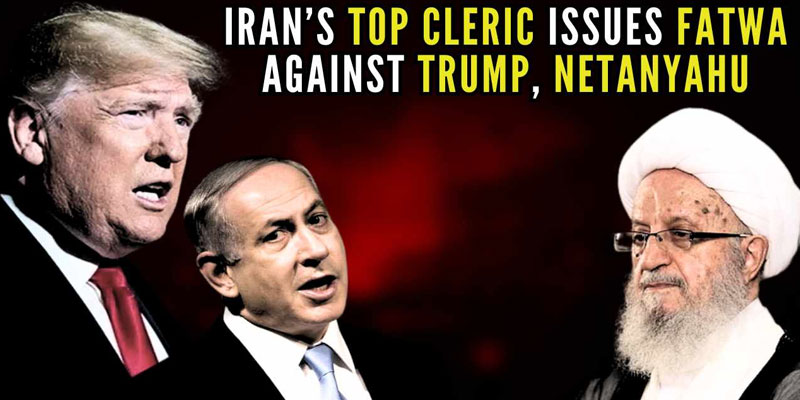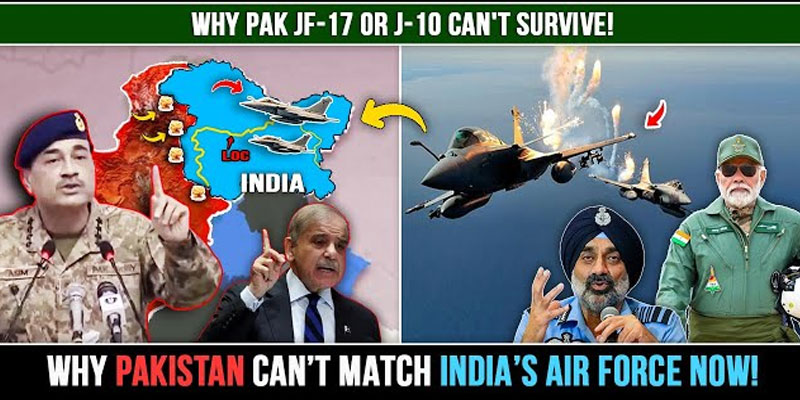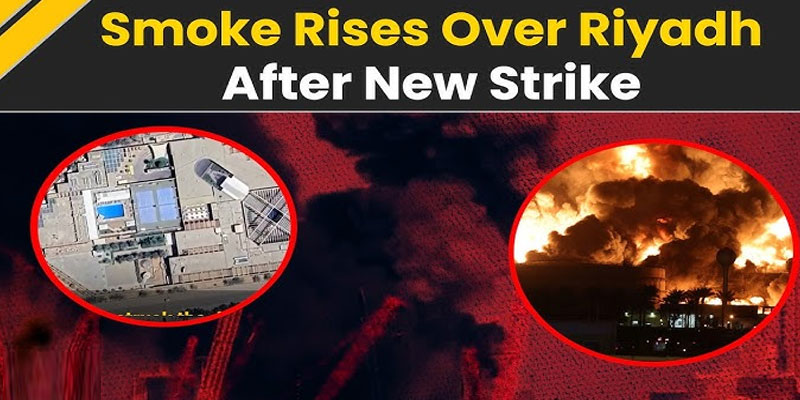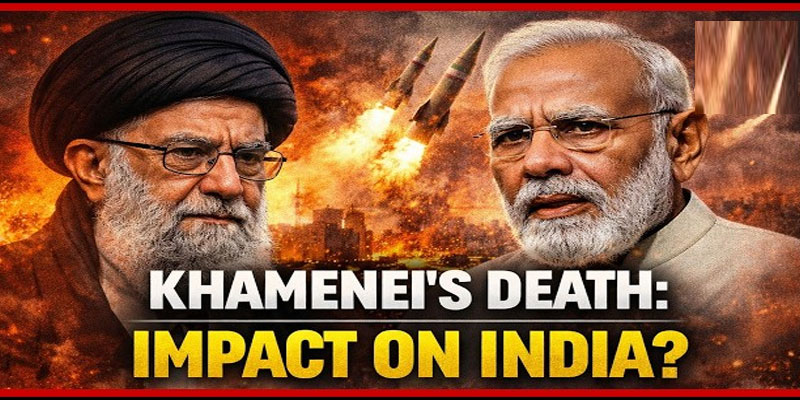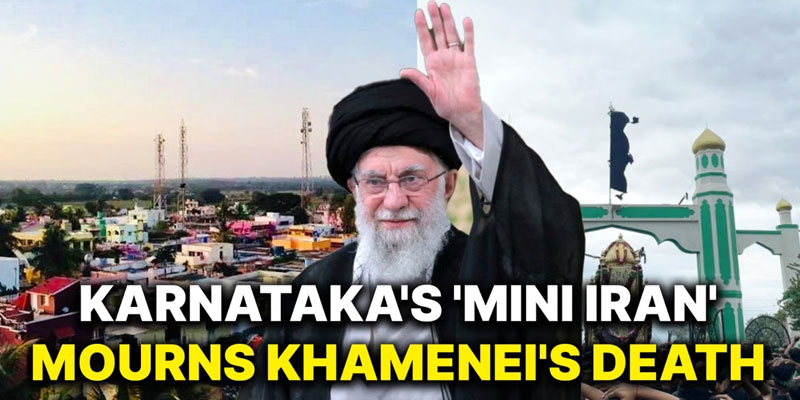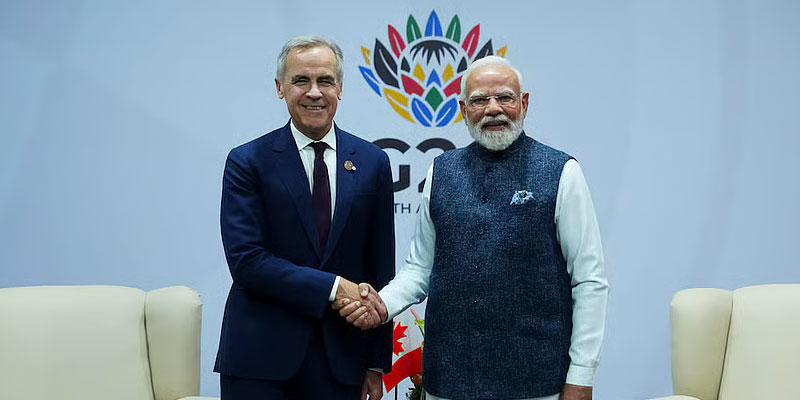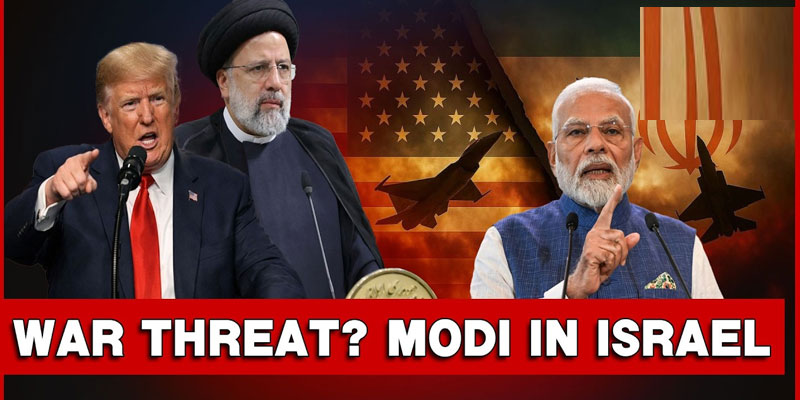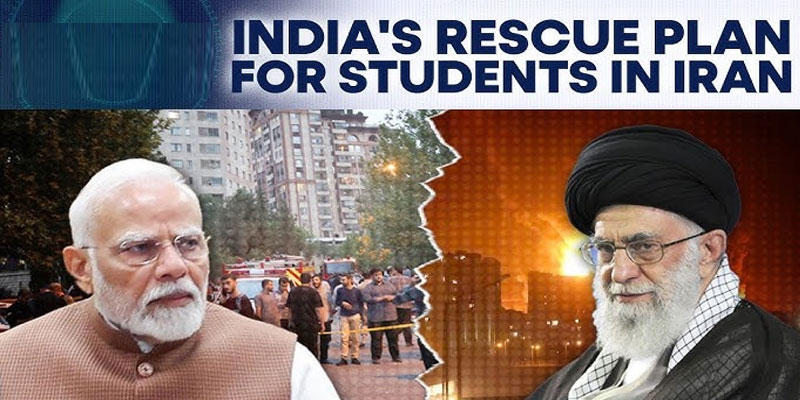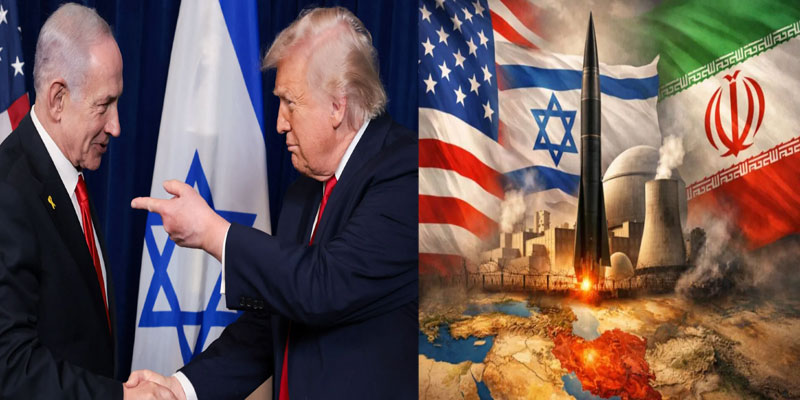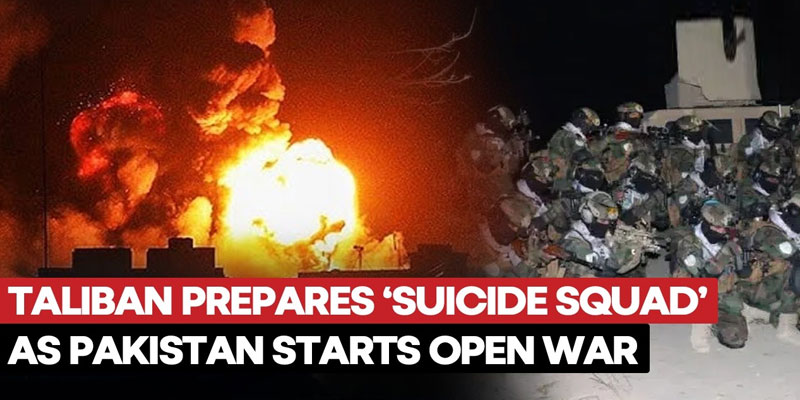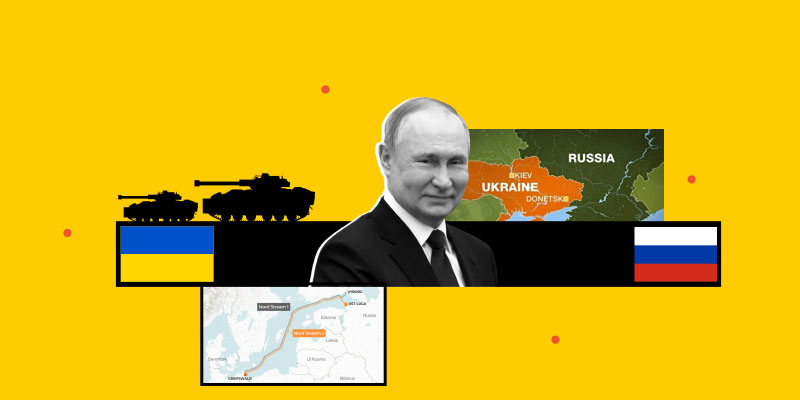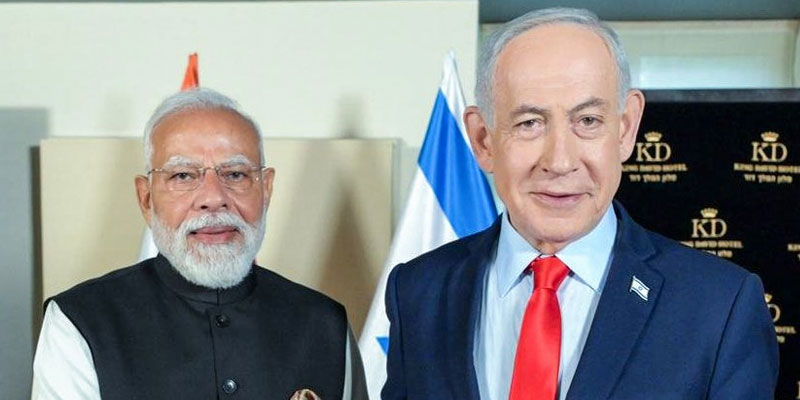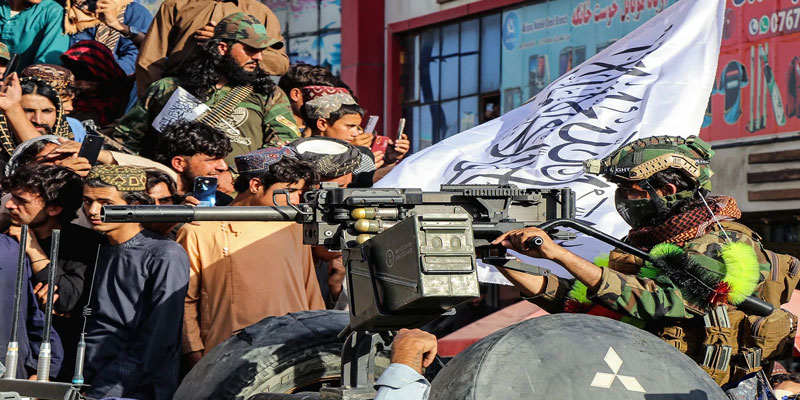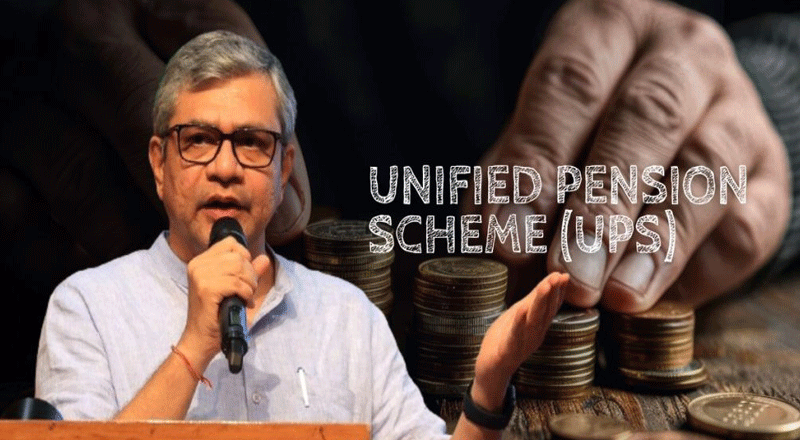The Power of a Fatwa and Its Political Impact
In the Islamic world, a fatwa is a powerful religious decree issued by top clerics known as Marja, shaping not just spiritual doctrine but also political action. In a move that has drawn global attention, Grand Ayatollah Naser Makarem Shirazi—one of Iran’s most influential Shiite clerics—has issued a fatwa declaring former U.S. President Donald Trump and Israeli Prime Minister Benjamin Netanyahu as mohareb, or "enemies of God." The decree comes amid escalating military tensions between Iran, the U.S., and Israel, and reflects Tehran’s attempt to galvanize the Muslim world against perceived Western aggression.
Fatwa Declares Trump and Netanyahu as ‘Mohareb’
The fatwa, reported by Iran's Mehr News Agency, categorically labels Trump and Netanyahu as mohareb—those who wage war against God. Under Iranian law, this classification can carry the most severe punishments, including execution, crucifixion, amputation, or exile. Grand Ayatollah Shirazi stated, “Any person or regime that threatens the Leader or Marja is considered a warlord or mohareb.”
The religious ruling came in direct response to perceived threats made against Iran’s Supreme Leader, Ayatollah Ali Khamenei, by U.S. and Israeli leaders. By issuing this fatwa, Shirazi has signaled that these threats are not merely political, but religiously sacrilegious—transforming political opponents into theological adversaries.
Call for Global Muslim Solidarity
In his fatwa, Shirazi urged Muslims across the globe to unite against what he called the “enemies of God.” The decree declares that any support or cooperation with these leaders by Islamic nations or individuals is haram—strictly forbidden under Islamic law. It goes on to say that Muslims must ensure these enemies “regret their words and mistakes,” implying the use of both spiritual resistance and physical retaliation.
The fatwa also offers divine validation for those who take up this cause, stating that any Muslim who suffers hardship in resisting these figures will be “rewarded as a fighter in the way of God.”
Context: Escalating Conflict Between Iran, Israel, and the U.S.
This religious edict follows a 12-day military conflict that erupted on June 13. According to reports, Israel launched a bombing campaign inside Iran, targeting top military commanders and nuclear scientists. Iran responded with ballistic missile attacks on Israeli cities. The situation intensified when U.S. forces joined Israeli operations, striking three of Iran’s nuclear facilities. In retaliation, Iran bombarded a U.S. military base in Qatar.
In this context of heightened warfare and deep geopolitical hostilities, the fatwa appears not just as a religious ruling but as a call to arms in a broader ideological and military confrontation.
Religious and Political Implications of the Fatwa
Fatwas from Iran’s top clerics carry significant weight, especially within Shia Islam, where the words of a Marja often guide both civil and political decisions. While not state-issued orders, such fatwas often lead to real-world consequences, as seen in past instances. The most infamous example remains the 1989 fatwa against author Salman Rushdie for his novel The Satanic Verses, which led to assassination attempts, global protests, and even murders linked to the decree.
In this case, the fatwa could escalate tensions further by justifying acts of violence under religious pretexts. It may also influence Iran-aligned militias and proxies across the Middle East, from Lebanon to Iraq and Yemen, to mobilize against American and Israeli interests.
A Dangerous Fusion of Faith and Geopolitics
The fatwa by Grand Ayatollah Shirazi illustrates the volatile intersection of religion and politics in Iran’s foreign policy. By casting Trump and Netanyahu as theological enemies, Iran is not just retaliating diplomatically or militarily—but spiritually. The move aims to unify the Islamic world under a banner of resistance, but it also risks inciting extremism and violence, both regionally and globally.
As diplomatic channels remain limited and military action intensifies, this fatwa adds a dangerous religious dimension to an already precarious geopolitical landscape. The world must now grapple not only with state conflict, but with the moral and theological narratives that may drive the next phase of confrontation.
(With agency inputs)


